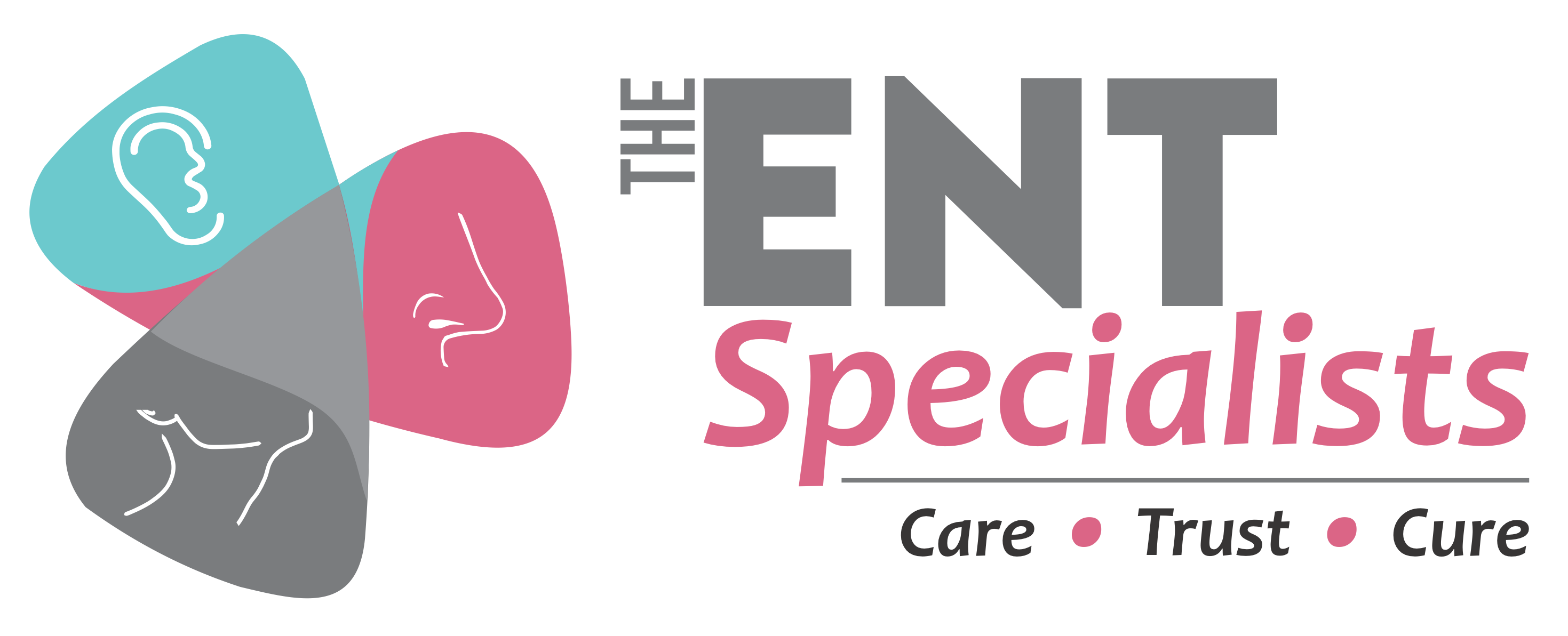FAQs
- Home
- Voice and Swallowing Disorders
Voice and Swallowing Disorders
What are voice and swallowing disorders?
Voice disorders refer to conditions that affect the vocal cords, leading to changes in voice quality, pitch, loudness, or difficulty producing sound. Swallowing disorders, also known as dysphagia, involve difficulties in swallowing food, liquids, or saliva.
What causes voice disorders?
Voice disorders can have various causes, including vocal cord nodules, polyps, vocal cord paralysis, laryngitis, acid reflux, vocal cord strain, and certain neurological conditions.
What causes swallowing disorders?
Swallowing disorders can result from muscular or neurological abnormalities, structural abnormalities, or conditions such as stroke, Parkinson’s disease, head and neck cancer, or gastroesophageal reflux disease (GERD).
What are the symptoms of voice disorders?
Symptoms of voice disorders may include hoarseness, breathiness, a strained or weak voice, voice fatigue, difficulty projecting the voice, or changes in vocal pitch.
What are the symptoms of swallowing disorders?
Common symptoms of swallowing disorders include difficulty swallowing (dysphagia), choking or coughing while eating or drinking, the sensation of food getting stuck, regurgitation, or recurring respiratory infections due to aspiration.
When should I consult an ENT surgeon for voice or swallowing disorders?
You should consider consulting an ENT surgeon if you experience persistent or bothersome voice changes, such as hoarseness lasting longer than two weeks, or if you have difficulty swallowing that affects your daily life, nutrition, or hydration.
How are voice and swallowing disorders diagnosed?
ENT surgeons often perform a comprehensive evaluation, which may include a detailed medical history review, a physical examination of the throat and vocal cords, and specialized tests such as laryngoscopy, videostroboscopy, or swallowing studies to assess vocal cord function and swallowing ability.
What treatment options are available for voice disorders?
Treatment for voice disorders varies depending on the underlying cause. It may include vocal rest, vocal hygiene practices, voice therapy, medications, or in some cases, surgical intervention to correct structural abnormalities or repair vocal cord lesions.
What treatment options are available for swallowing disorders?
The treatment approach for swallowing disorders depends on the specific diagnosis. It may involve dietary modifications, swallowing therapy with a speech-language pathologist, medications to manage underlying conditions, or surgical interventions when necessary.
Can voice and swallowing disorders be prevented?
While some voice and swallowing disorders are caused by underlying medical conditions that may not be preventable, there are preventive measures you can take, such as avoiding smoking and excessive alcohol consumption, maintaining good hydration, practicing proper vocal hygiene, and seeking timely medical attention for any voice or swallowing difficulties.
What is the role of Speech therapist in voice and swallowing disorders?
Speech therapists, also known as speech-language pathologists (SLPs), play a crucial role in the assessment, diagnosis, and treatment of voice and swallowing disorders.
They use specialized techniques to improve vocal production, reduce strain, optimize vocal cord function, and enhance overall vocal health. Voice therapy may include exercises, vocal hygiene education, vocal warm-up routines, and strategies for proper voice use.
For individuals with swallowing disorders, speech therapists offer swallowing therapy, also known as dysphagia therapy. They employ techniques to improve swallowing function, enhance coordination, and prevent aspiration. Therapy may include exercises to strengthen swallowing muscles, compensatory strategies, dietary modifications, and guidance on safe swallowing techniques.
